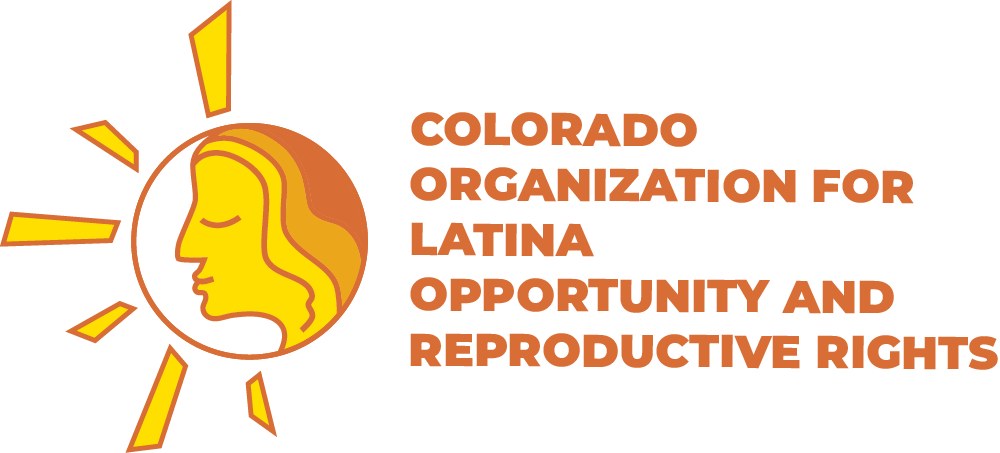FOR IMMEDIATE RELEASE – June 13, 2024
Media Contact: Aurea Bolaños Perea,
Strategic Communications Director
comms@colorlatina.org
ACCESS TO MIFEPRISTONE IS HERE TO STAY…FOR NOW
Denver, CO – Today, the US Supreme Court rejected a challenge to the abortion pill mifepristone, a commonly used drug to terminate a pregnancy safely. In the ruling, the Court unanimously agreed that the group of anti-abortion doctors who questioned the FDA’s decisions making it easier to access the pill did not have legal standing to sue.
This decision comes on the eve of the second anniversary of Roe v. Wade being overturned. Since then, abortion has become effectively banned altogether in 14 states. Abortion bans and restrictions do nothing to protect the health and well-being of people seeking abortion care, can put people’s lives at risk, and have devastating effects on other reproductive health care, including miscarriage treatment.
“Medication abortion care has a 20-year track record of being a safe, effective, FDA-approved option for ending an early pregnancy,” said Vanessa Martinez, Policy Director at COLOR. “Mifepristone has helped ensure that people can make their own private medical decisions, and it has expanded access to reproductive health care — something that is still under threat in this country, including in Colorado. We’re glad that today’s Supreme Court decision upholds people’s right to self-determine their health and future. But there’s still more to do.”
The urgency to protect and expand access to abortion is more important than ever. We’re bringing a ballot initiative to lift Colorado’s nearly 40-year-old constitutional ban on state dollars being used to pay for abortions.
“This initiative is our opportunity to ensure our state continues to honor the will of the voters,” said Dusti Gurule, president and CEO of COLOR and co-chair of the Coloradans for Protecting Reproductive Freedom campaign. “According to our third annual Colorado Latino Policy Agenda, protecting and expanding abortion rights is a mobilizing force for Latino voter turnout, with more than half of respondents saying that laws passed around the nation to limit or ban abortion make them more likely to vote. Protecting and expanding access to abortion is essential to democracy.”
Advocates still await a decision from the courts on Moyle v. United States. This case will determine if states banning abortion can override federal law and deny pregnant patients emergency abortion care. The U.S. Department of Justice is arguing that Idaho’s near-total abortion ban conflicts with the Emergency Medical Treatment and Labor Act (EMTALA)—a federal law that requires hospitals to provide “stabilizing treatment”—including emergency abortion care—to patients seeking care in hospital emergency rooms.
###
Colorado Organization for Latina Opportunity and Reproductive Rights (COLOR) is a community-rooted nonprofit organization that works to enable Latine individuals and their families to lead safe, healthy, and self-determined lives.

